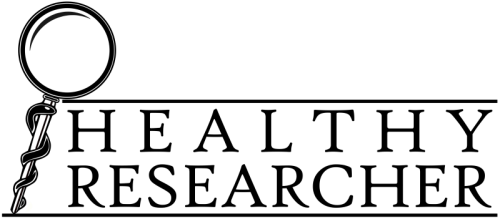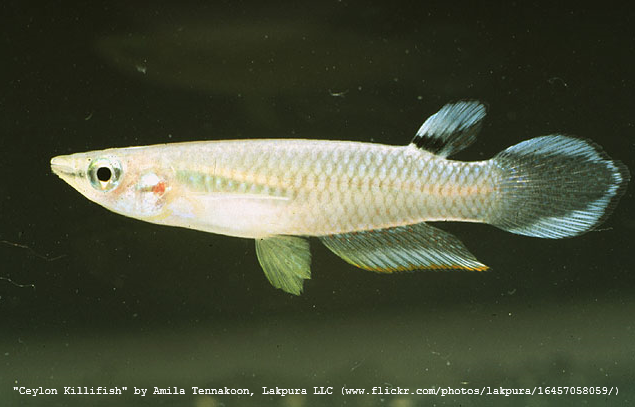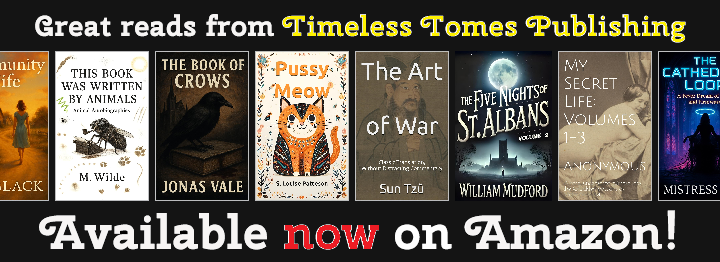A friend offhandedly told me recently, “It’s so easy to get my daughter to behave after her birthday – there are so many new toys to take away when she’s bad!”
-
-
Dogs are helping people regulate stress even more than expected, research shows
In a 2022 survey of 3,000 U.S. adults, more than one-third of respondents reported that on most days, they feel “completely overwhelmed” by stress. At the same time, a growing body of research is documenting the negative health consequences of higher stress levels, which include increased rates of cancer, heart disease, autoimmune conditions and even dementia.
-
The role of charitable institutions in a market-based health system
Charitable institutions and voluntary donations from donors are an important part of the market-based health system. Despite the lack of a centralized structure, more and more institutions of this type are emerging with economic development. This also contributes positively to the development of appropriate ethical attitudes in society and shows that there is a real market alternative to formalized and…
-
Are chemicals in the environment affecting men’s…”members”?
-
Fasting then feeding leads to longevity in the young–and in old mutant Killifish
You may have heard talk of the benefits of intermittent fasting through alternative health sources across the internet during the last several years. It's been all the rage. Essentially, intermittent fasting is when you voluntarily eat less, or nothing at all, for a period of time.
-
Concussion management is changing as more research suggests exercise is best approach
Public interest in concussion has exploded over the space of a generation, together with a new understanding of how best to help patients recover. Concussion patients were once prescribed rest in a dark room, but in recent years concussion management has literally come out of the dark.
-
How metacognition — thinking about thinking — can improve the mental-health crisis
The science of metacognition studies how the mind can understand and control its own processes. Written by Brendan Conway-Smith, Carleton University Republished with permission from TheConversation.com In these times of virtual meet-ups, negative news overload and widespread uncertainty, it’s fair to say it has been a tough time for our brains. If you’ve been feeling mentally subpar, you may…
-
Egypt’s bread subsidies may bring millions to the brink of starvation
In Egypt, the recent announcement that bread prices, long subsidized for much of the population, would likely have to rise was met with cries of despair. Indeed, over two-thirds of the population of Egypt depend on inexpensive bread for daily sustenance.
-
Medical errors and the cult of expertise in the age of Covid
Ever since the Covid panic began in February of this year, medical personnel such as doctors and nurses have been treated to a level of hero worship generally reserved for the government's soldiers and cops. We were told they were heroically slaving away to treat Covid victims. And although many of these nurses were apparently spending their time choreographing TikTok videos and…
-
Opinion: To think or not to think? Should you really think for yourself or should you trust the experts?
Thinking for yourself is often touted as a virtue, but how appropriate is it really? After all, in the grand scheme of things, there's a boundless universe of potential knowledge, and we ourselves each grasp but a thin sliver of all that's knowable. Theoretically, the more facts and data we have to assist us, the better our decision making can…











